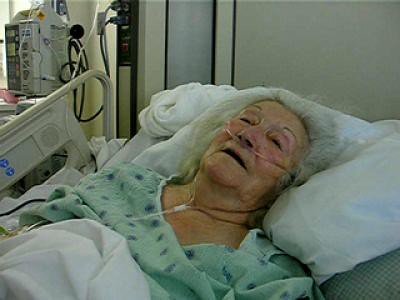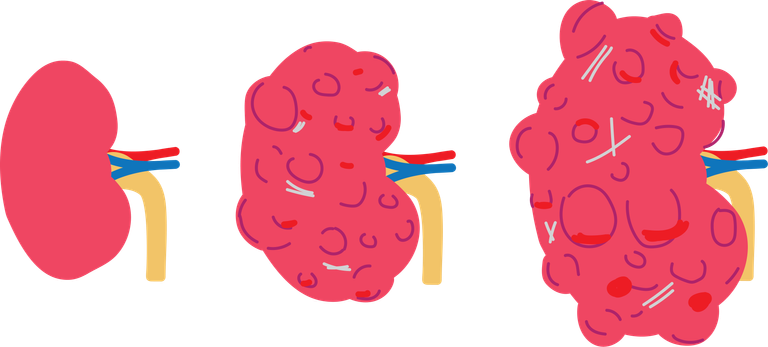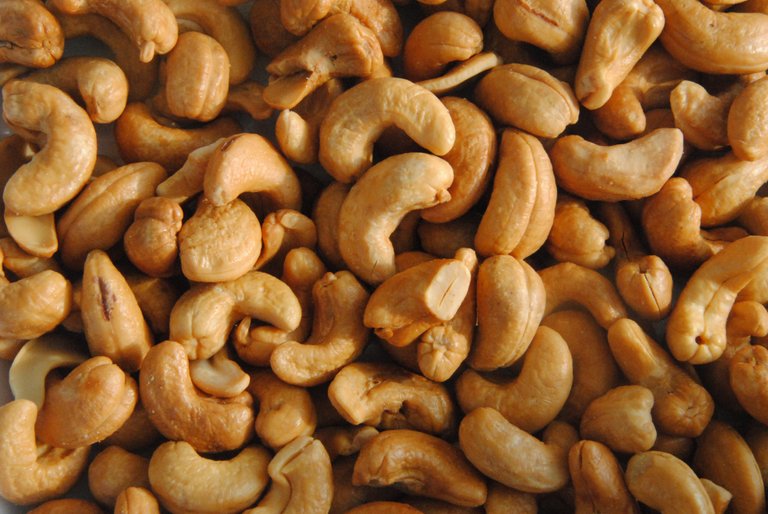Hey everyone, how are you doing today? I wanted to discuss something different before I came across an article in the Canadian Medical Association Journal. It got my attention, and I will be discussing the medical case article in this post. The article looks a person who had been eating a particular type of diet, and wanted to change her diet but she would have never thought that her decision could lead her to the hospital.
Upon reaching the hospital a blood work was done on the patient, and she was told her kidneys were not functioning well as there was high Creatinine and low eGFR. We could assume the patient was concerned because just 8 months ago, her lab work were fine. So she took the test again with hopes that it would be a lab error but this time around the truth came crashing on her that it was not a lab error. The patient's kidneys were working at the rate of 25% compared to a normal kidney, and if this continues, it is just a matter of time before her kidneys stop working. So, what could be causing this damage?

flickr
Chronic kidney disease can be pre-renal, renal, or post renal. In the case of pre-renal causes, the questions would be if there is enough blood being pumped to the kidneys. This could be as a result of dehydration, heart failure, or liver cirrhosis. In the case of renal options, it will beg the question if there is a problem with the kidney itself, and this can be caused by a long list of things from glomerular disease (cancer, drug-induced conditions, auto-immune diseases such as lupus, and post-infection), vascular disease (atherosclerosis, and fibromuscular dysplasia), and Tubutointerstitial diseases (autoimmune diseases, polycystic kidney disease, nephrocalcinosis, multiple myeloms, and drug induced causes). In post-renal cases, is there a blockage of waste product away from the kidneys (kidney stones, tumors, retroperitoneal fibrosis, and enlarged prostrate).
In the case of this article, the patient is a 68-year old woman, so prostrate isn't an option at all since she isn't male. So other guesses needed to be cleared. The patient didn't have any sign of dehydration, heart failure, or liver cirrhosis so it was not a pre-renal cause. With ultrasound, it also showed that it wasn't a post-renal cause, so it was left with a renal cause. When the cause is from the kidney itself, there are always clues in the urine sample of the patients such as high protein levels, or misshapen red blood cells, but in the case of the patient, there was no blood or protein.
Soon, her kidneys began to function at lesser capacity and so a kidney biopsy was done to find out what was wrong. When the specimen was exposed to polarized light, calcium oxalate crystals were seen on the surface of the kidney. This condition is known as Nephrocalcinosis (Nephro meaning kidneys, and Calcinosis meaning calcium deposition). Nephrocalcinosis and Kidney stones aren't the same. While kidney stones can be caused by calcium oxalate crystals, the crystals are not formed in the kidney itself rather in the urine. So what could have caused it.
At a glance at a food routine, it looked pretty cool, as she had Milk, Egg, White bread slice, Oatmeal, Potatoes, Ham steak, Mushrooms, and Coffee but she just switched from eating chips to cashews as it were a healthier option. After examining the food, it was seen that her food is high is oxalate but low in calcium. Oxalates are found in our foods naturally, from fruits, vegetables, nuts, and grains, and currently there is no nutritional benefits attributed to them but only 10% of oxalate would be absorbed into the body if a person is consuming enough calcium as it would bind with oxalate preventing it from being absorbed into the body. In the patient's case, there was a high amount of oxalate and low amount of calcium, so the oxalate got absorbed into her body at a high amount. When oxalate is absorbed, it get deposited in different part of the body, including the brain.
Calcium supplements were given to the patient to help bind with oxalate, the patient had to change her diet choices, along with other treatments. Her kidney functions started to improve over time with her dietary change but they didn't completely normalize as she was left with a mild chronic disease.
This case discusses the importance of balanced nutrition and the potential risks of dietary changes without proper knowledge. While cashews seemed like a healthier snack, their high oxalate content, along with almonds combined with low calcium intake can lead to severe kidney damage and other organ damage. Always consult with a healthcare provider before making significant dietary changes, especially if you have underlying health conditions.
REFERENCE
https://www.cmaj.ca/content/189/10/E405.short
https://www.uptodate.com/contents/nephrocalcinosis
https://www.ncbi.nlm.nih.gov/books/NBK537205/
https://radiopaedia.org/articles/medullary-nephrocalcinosis
https://www.chhs.colostate.edu/krnc/monthly-blog/should-i-be-avoiding-oxalates/
https://www.stjoes.ca/patients-visitors
https://www.niddk.nih.gov/health-information/urologic-diseases/kidney-stones



